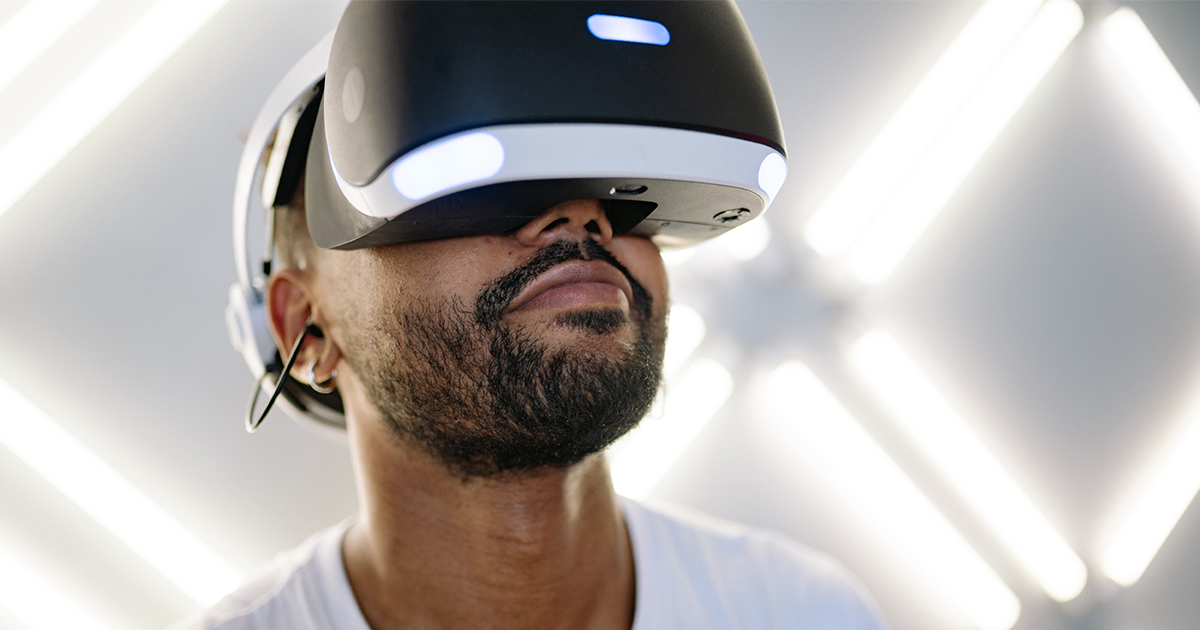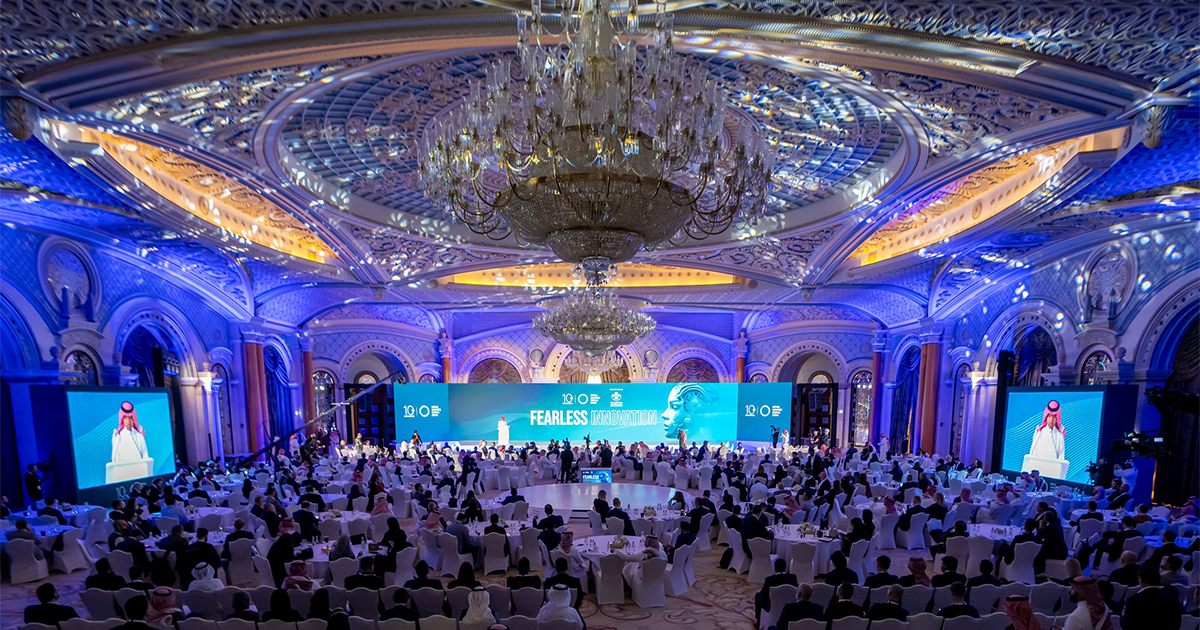According to a report conducted by Deloitte for Meta, the Middle East and North Africa (MENA) region is experiencing a significant economic transformation and digitalization process, driven by countries like Saudi Arabia and the United Arab Emirates (UAE). These nations are investing heavily in technology and implementing ambitious plans such as Saudi Arabia’s Vision 2030 and the UAE’s We the UAE 2031, which emphasize digitalization and technology advancement. The focus on digitalization is aimed at promoting development and modernization across various sectors in the region.
Countries like Egypt, Jordan, and Morocco have also formulated their own visions and plans to accelerate economic modernization through investments in digital technologies. This growing interest in digitalization is driven by the increasing acceptance of digital technologies by consumers and businesses in MENA, as well as a strong curiosity and interest in the metaverse.
The metaverse, which integrates physical and virtual worlds, is expected to have a significant impact on sectors such as tourism, gaming, retail, and real estate. Leading the way in metaverse development, the UAE and Saudi Arabia are actively creating metaverse ecosystems. The metaverse presents new opportunities for revenue and innovation in key growth sectors, improving individual experiences, enhancing business operations, and creating avenues for content creators. However, certain challenges need to be addressed to ensure inclusive metaverse adoption and avoid exacerbating digital divides. Issues such as unequal access to connectivity, affordability concerns, and low digital skills must be tackled to ensure that the benefits of the metaverse are accessible to all.
In the long run, an inclusive metaverse could help address persistent regional challenges such as youth unemployment, women’s empowerment, and rural inclusion. It can improve access to education and healthcare services, facilitate flexible working arrangements, and provide opportunities for content creators. Achieving an inclusive and widely accessible metaverse will require ongoing investments, policy reforms, and collaboration among stakeholders.
In sectors such as retail and tourism, metaverse technologies can enhance consumer experiences and boost sales. By adopting hybrid retail models and leveraging 3D content, retailers in MENA can meet changing consumer preferences and improve sales conversions, particularly in a region where online shopping has increased due to the pandemic.
Metaverse technologies also offer new employment and training opportunities, especially for content creators and young people. By utilizing augmented reality (AR) and virtual reality (VR) in the metaverse, employers and educators can provide more efficient training and expand access to education through remote learning. This can help bridge the gap between qualifications and job requirements, addressing high structural unemployment, particularly among youth, in the region.
The metaverse has the potential to stimulate the creator economy in MENA by enabling new forms of content creation and audience engagement. Platforms like Roblox and Million provide support and resources for creators to develop and monetize their virtual experiences, contributing to the growth of the creative industries and attracting foreign investment to the region.
Additionally, metaverse technologies can promote gender equality and inclusion by providing accessible resources and services for rural populations and virtual educational programs. Flexible remote working in the metaverse can improve work-life balance for parents, potentially benefiting women who often face barriers to workforce participation due to caregiving responsibilities.
In the healthcare sector, the metaverse can support the delivery of services through telemedicine and enhance the quality of medical training. However, challenges such as low public spending on healthcare and data privacy concerns need to be addressed for widespread adoption and impact.
While the metaverse can contribute to environmental goals by reducing travel and consumption, it also poses challenges such as increased energy consumption and e-waste. Efforts to improve waste management and adopt sustainable practices will be necessary to ensure the long-term sustainability of the metaverse.
Barriers to metaverse adoption include device affordability and connectivity disparities between urban and rural areas. While smartphone adoption is high in MENA, cheaper models may have limited capabilities for immersive experiences. Fixed broadband connections will play a crucial role in supporting metaverse use cases, and efforts are underway to expand connectivity and invest in infrastructure.
Overall, the MENA region is embracing economic transformation and digitalization, with the metaverse offering new possibilities for growth and development. The successful adoption of metaverse technologies could contribute to economic diversification, attract foreign investment, and foster the growth of non-hydrocarbon sectors, while also addressing social and economic inequalities in the region.
Source: Deloitte’s report “The Metaverse and its potential for MENA”, May 2023.





